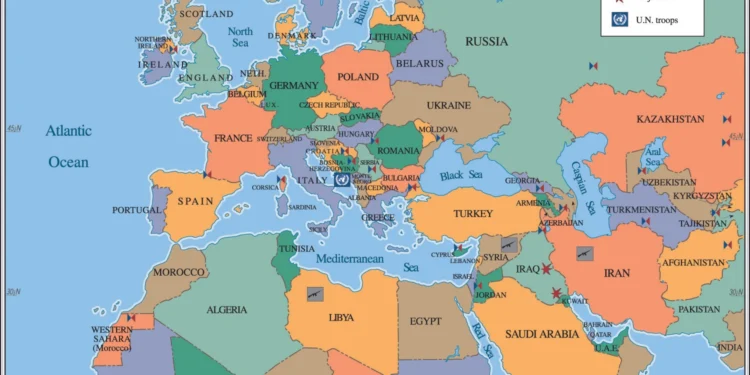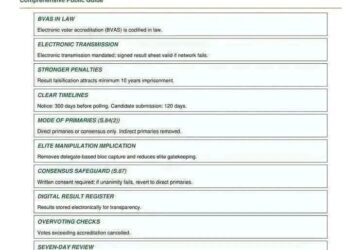A new global report has revealed the world’s hardest-working countries in 2025, showing that employees in some nations clock nearly 30 more hours per week than those in the least-working ones.
According to data compiled by the World Population Review, global labour averages hover around 38.7 hours per week, but wide differences persist due to varying economic structures, social safety nets, and levels of informal employment.
Below are the Top 10 Hardest-Working Countries in 2025:
1. Bhutan – 54.5 hours per week
Bhutan tops the global list with workers averaging 54.5 hours weekly. The figure reflects a culture of diligence and the dominance of labour-intensive industries.
2. Sudan – 50.8 hours per week
Sudanese workers put in just over 50 hours weekly, driven by economic pressures and the prevalence of informal sector jobs.
3. Lesotho – 50.2 hours per week
Agriculture and mining sectors dominate Lesotho’s economy, demanding over 50 working hours weekly from employees.
4. Republic of the Congo – 48.7 hours per week
Resource-driven industries and limited labour protections contribute to nearly 49-hour workweeks in the Republic of the Congo.
5. United Arab Emirates – 48.4 hours per week
In the UAE, high-demand construction and service sectors push average workweeks to 48.4 hours, especially in major cities.
6. São Tomé & Príncipe – 48.2 hours per week
Workers in this island nation average just over 48 hours weekly, largely due to tourism and agriculture-based jobs.
7. Jordan – 47.8 hours per week
Jordanian employees work nearly 48 hours a week across both public and private sectors, reflecting limited part-time opportunities.
8. Liberia – 47.5 hours per week
Liberia’s reliance on informal labour and ongoing development challenges keep the national average at 47.5 hours.
9. Pakistan – 47.5 hours per week
Sharing the ninth spot, Pakistani workers spend an average of 47.5 hours weekly in agriculture, manufacturing, and small business roles.
10. Qatar – 46.8 hours per week
Qatar rounds out the top ten, with workers averaging nearly 47 hours. The country’s rapid urbanisation and migrant labour force drive these extended hours.
The data underscores how economic structure, industry demand, and labour laws shape global work habits. Nations with longer workweeks often rely heavily on manual labour and have limited welfare systems, highlighting ongoing global disparities in work-life balance.



















































































 EduTimes Africa, a product of Education Times Africa, is a magazine publication that aims to lend its support to close the yawning gap in Africa's educational development.
EduTimes Africa, a product of Education Times Africa, is a magazine publication that aims to lend its support to close the yawning gap in Africa's educational development.
Great job! I feel like I learned something useful today. The content was well-structured and easy to understand. I appreciate you taking the time to write this. I’ll be coming back for more articles like this.
Thank you so much for your very kind words of commendation. This is greatly appreciated. God bless you